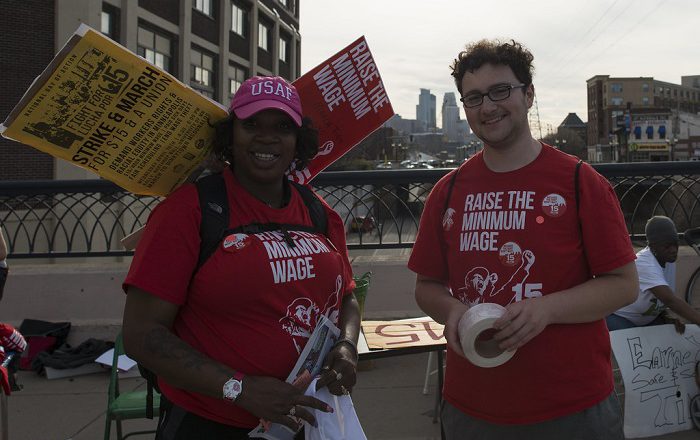The Century Long Search For The Elusive Answer To The Question “Does Raising The Minimum Wage Kill Jobs?” Shows Why Economics Is So Difficult – But Data Sure Helps
Veronika Dolar, SUNY Old Westbury
For decades it was conventional wisdom in the field of economics that a higher minimum wage results in fewer jobs.
In part, that’s because it’s based on the law of supply and demand, one of the most well-known ideas in economics. Despite it being called a “law,” it’s actually two theories that suggest if the price of something goes up – wages, for example – demand will fall – in this case, for workers. Meanwhile, their supply will rise. Thus an introduction of a high minimum wage would cause the supply of labor to exceed demand, resulting in unemployment.
But this is just a theory with many built-in assumptions.
Then, in 1994, David Card, an economist at the University of California, Berkeley, and one of this year’s Nobel winners, and the late Alan Kru...
